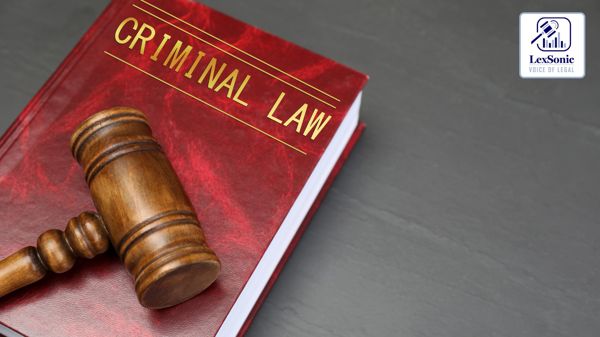Supreme Court Dismisses Petition Alleging Humiliation in Court, Finding Claims "Misconceived".
12 February 2025
Criminal Appeals & Suspension of Sentence >> Criminal Law
The Supreme Court of India recently dismissed a petition filed by individuals who claimed they were humiliated in open court during the hearing of a Habeas Corpus petition. The Court found the petitioners' claims to be "misconceived" and without merit, emphasizing the nature of court proceedings and the duty of the court to seek the truth.
The petitioners had initially filed a Habeas Corpus petition in the Rajasthan High Court, alleging their mother was being unlawfully detained. During the proceedings, police officials reportedly made statements regarding the marital status of one of the petitioners, claiming she was divorced and her husband had remarried. The petitioners claimed they requested the High Court to direct the police to clarify the basis of these statements, a request they assert was initially granted. However, the Habeas Corpus petition was subsequently dismissed as infructuous after the petitioners' mother returned home.

Following the dismissal of the Habeas Corpus petition, the petitioners filed a review petition, which was also dismissed. They then filed a miscellaneous application seeking clarification from the police regarding their statements about the petitioner's divorce. This application was also dismissed, leading to the present petition before the Supreme Court.
Before the Supreme Court, the petitioners, appearing in person, argued that the statements made by the police officials in open court constituted humiliation and defamation. One petitioner specifically claimed that she was humiliated by the remarks concerning her marital status. They further alleged that the High Court had initially directed the police to provide a written explanation for their statements.
However, the Supreme Court, after reviewing the records, found no evidence to support the petitioners' claims. The Court specifically examined the High Court's order dated 30.05.2024, which, according to the petitioners, contained the direction to the police. The Supreme Court found that the order made no mention of such a directive. The order merely recorded that the Government Advocate had produced a status report and requested time to produce the "corpus" (the person in question).
The Supreme Court addressed the petitioners' grievance of humiliation directly. The Court stated that even if such statements were made, it failed to understand how they could be construed as humiliating. The Court acknowledged that statements and questions posed during court proceedings might make individuals uncomfortable, but this did not automatically equate to humiliation. It emphasized the court's duty to ascertain the truth, which might necessitate asking questions and exploring suggestions that could be uncomfortable for some.
The Supreme Court underscored that the original Habeas Corpus petition was resolved upon the return of the petitioners' mother. With the primary issue resolved, the Court deemed the subsequent review petition, miscellaneous application, and the present petition as "totally misconceived." The Court found no merit in the petitioners' arguments and dismissed the petition. The Court further disposed of any pending applications related to the case. This judgment clarifies the distinction between potentially uncomfortable court proceedings and actual humiliation, highlighting the court's role in uncovering the truth.
